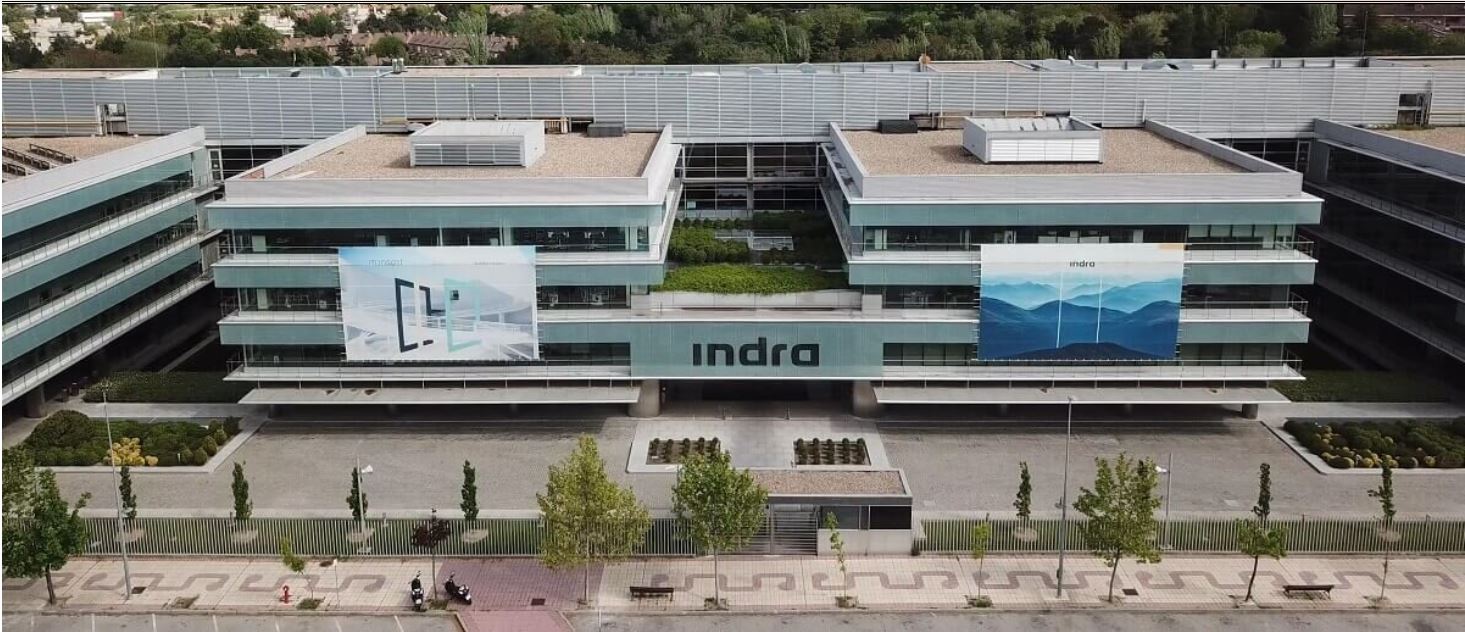On 30 September, Indra‘s Board of Directors approved the acquisition of a 51.001% majority stake in TESS Defence (TESS). This transaction and the signing, in a single act, of a new shareholders’ agreement with a new governance model, allows Indra to assume majority control of the company and consolidate its financial results.
The transaction is a strategic acquisition for Indra, which positions TESS as the prime contractor for the Army’s current and future armoured vehicle programmes, such as the VCR 8×8 (Wheeled Combat Vehicle), VAC (Chain Support Vehicle), as well as their derivatives and subsequent phases.
This opportunity translates into access to a potential portfolio in Spain of more than 10 billion euros in armoured land vehicles over the next 15 years; with more than 700 vehicles on firm order and additional opportunities for more than a thousand vehicles.
This also includes modernisations and new platforms, as well as life-cycle maintenance and sustainment. In total, on a global level – taking into account exports – and including recurrent maintenance, the potential portfolio that TESS is targeting exceeds 30 billion euros over the next twenty years.
On the other hand, the acquisition of a majority stake in TESS strengthens Indra’s presence in the land defence industry, until now limited to mission systems. This operation strengthens Indra’s capacity to lead and manage large national and international programmes, boosts its export potential, and allows it to act as national coordinator in large European land programmes. This responsibility will contribute to the creation and integration of Spanish technological capabilities in the development of advanced European solutions.
TESS will act as the prime contractor for the programmes, will carry out the synthesis engineering and integration of the vehicles, will assume the final assembly and the responsibility for their delivery. To this end, TESS will be responsible for the definition and execution of the industrial management of the programmes, including (but not limited to) programme management, economic management, customer liaison, subcontractor management, quality assurance throughout the life of the product and its maintenance.
In addition, in order to have the industrial and technological capabilities necessary to fulfil its mission, TESS plans to create a centre in Asturias to concentrate industrial and design engineering resources. In these facilities, a commitment will be made to attract talent in order to maintain and strengthen the high quality, added value and technological impact employment generated.
This new configuration of TESS responds to the Spanish industrial strategy of gaining sovereignty and strategic autonomy in Spain and in Europe, and allows the Ministry of Defence to have a figure that centralises the development of land defence vehicles. In addition, it optimises the operation of the programmes that TESS currently has in its portfolio and ensures the effective traction of strategic national projects in a more agile way.
The consolidation of TESS will be articulated through the acquisition by Indra of an additional 26.33% of the company from the other partners, to reach a 51.001% stake with a new governance model and responsibilities.
The founding companies, GDELS-Santa Bárbara Sistemas, SAPA and Escribano will remain as shareholders and on the Board of Directors of TESS. As part of the agreement, a specific know-how transfer plan has been defined and agreed to TESS for the assembly, integration, verification and homologation activities, which ensures business continuity.
This operation is part of the Leading The Future Strategic Plan, which Indra announced last March, where it established the vision of becoming the national coordinator leading the Spanish defence ecosystem. Neighbouring countries such as the UK, Italy and France have already executed this consolidation towards a national defence champion of their own. Becoming the majority partner of TESS represents an important step for Indra.
This transaction will be completed once the usual regulatory approvals have been obtained.
On the other hand, it is important to highlight that this consolidation is aligned with the principles of the Defence Industrial Strategy, sanctioned by the Secretary of State for Defence, whose axis no. 4 contemplates promoting and fostering the joint participation of companies in defence programmes. The new configuration of TESS mitigates the barriers that business fragmentation poses to growth and competitiveness. In addition, it promotes and favours a greater presence and leadership in international projects.
SOURCE: 

